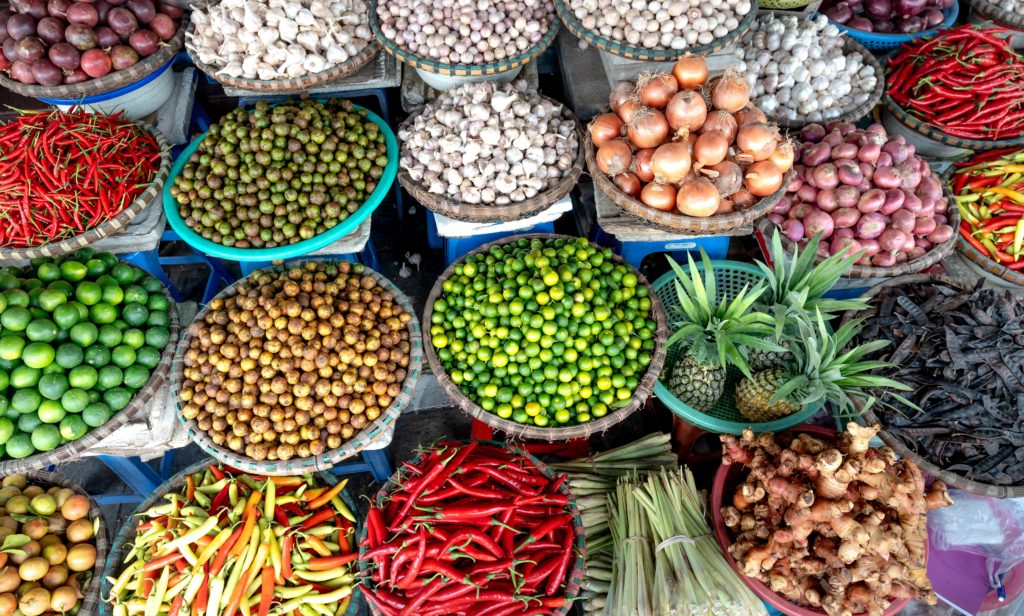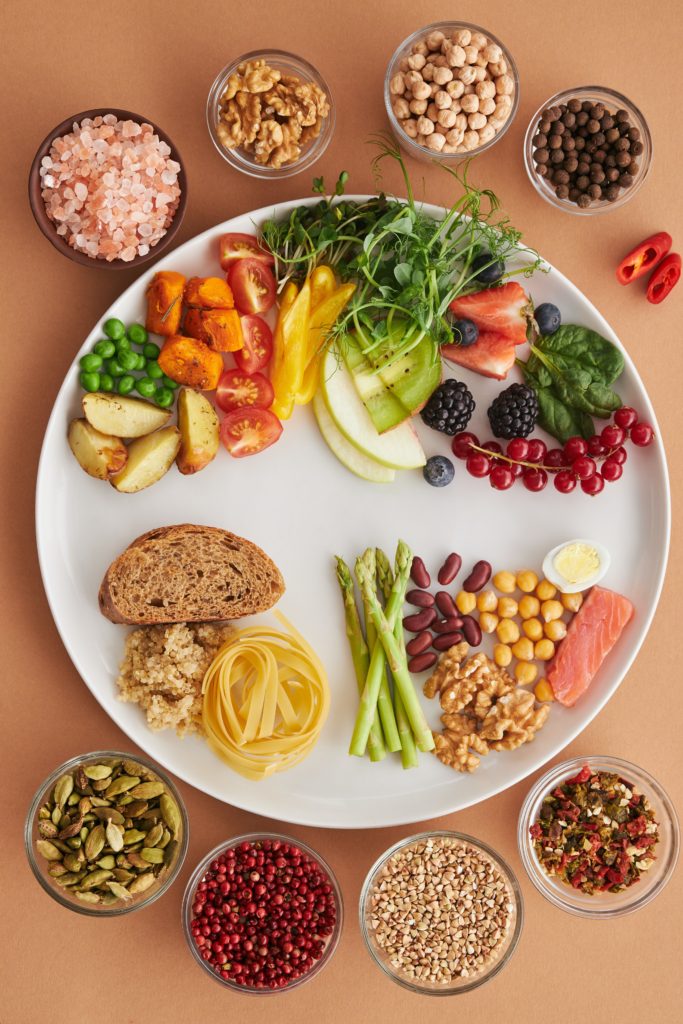Zeynep Kulakçı, Dietician
I hope your 21 Days Without Sugar Challenge was successful and you observed its positive effects. I recommend you see these 21 days as a step to remove harmful sugar from your life and stay away from refined sugar as much as possible.
For this week’s topic: how to prepare your body for winter? I will give some suggestions to take precautions against diseases and spend the winter healthier.
Food diversity is important, especially in autumn. Divide the plate into 4 equal parts, and consume different food groups and foods with different colours with high antioxidant capacity on the same meal to benefit from the interaction of nutrients.
The human body needs about 50 nutrients during the day. For this, make sure to take balanced and sufficient amounts of carbohydrates, fat, protein, minerals and vitamins.

To boost body resistance during this period, it is necessary to take enough vitamins A, C, and E, which also act as antioxidants, and minerals such as selenium, zinc, magnesium, as well as omega-3 and omega-9 fatty acids:
Vitamin A is found in eggs, milk, fish, yellow vegetables and fruits such as carrots and apricots, tomatoes, and green vegetables and fruits such as spinach, broccoli and courgette.
Vitamin C is found in foods such as green pepper, parsley, cress, arugula, cauliflower, spinach, orange, lemon, tangerine, kiwi and rosehip.
Vitamin E: green leafy plants, oilseeds and the oils obtained from them, hard-shelled fruits (hazelnuts, walnuts, almonds, etc.), cereal grains and dried legumes. Meat, eggs and fish also contain some vitamin E. It is located in the essence (embryo) of the seeds. The richest are oilseeds.
Selenium: All seafood, mushrooms, sesame seeds, whole grains, seafood, garlic and eggs are the best sources of selenium.
Zinc: Oysters, wheat products, sesame and sunflower seeds, almonds, lean meat, chicken, and turkey are sources of zinc.

Magnesium: Foods such as green leafy vegetables, legumes, hard water, bananas, avocados, cocoa, chocolate, hazelnuts, walnuts and pumpkin seeds are important sources of magnesium.
Omega 3. Found in oily fish such as salmon, herring, sardine, tuna, and mackerel, oilseeds such as walnuts, almonds, soy sprouts, chickpeas, flax seeds, currants and green leafy vegetables. Omega 9 is also found in olive oil.
During these months, smokers should consume twice as much vitamin C as non-smokers.
Cooking methods such as grilling, steaming and boiling should be used.

If you feel unhappy, bananas, freshly squeezed fruit juices, walnuts, hazelnuts, almonds or 1-2 pieces of dark chocolate can be consumed as snacks.
As the weather gets colder, the body reduces the amount of energy it spends to adapt to temperature changes. If you do not want to gain weight, the calories you consume must be equal to the calories you burn. Therefore, physical activity should be done 2-3 times a week.
To balance fibre consumption, legumes, whole grain products, vegetables and fresh/dried fruits should be consumed.
You should drink 8-12 glasses of water to remove all toxins from the body.
